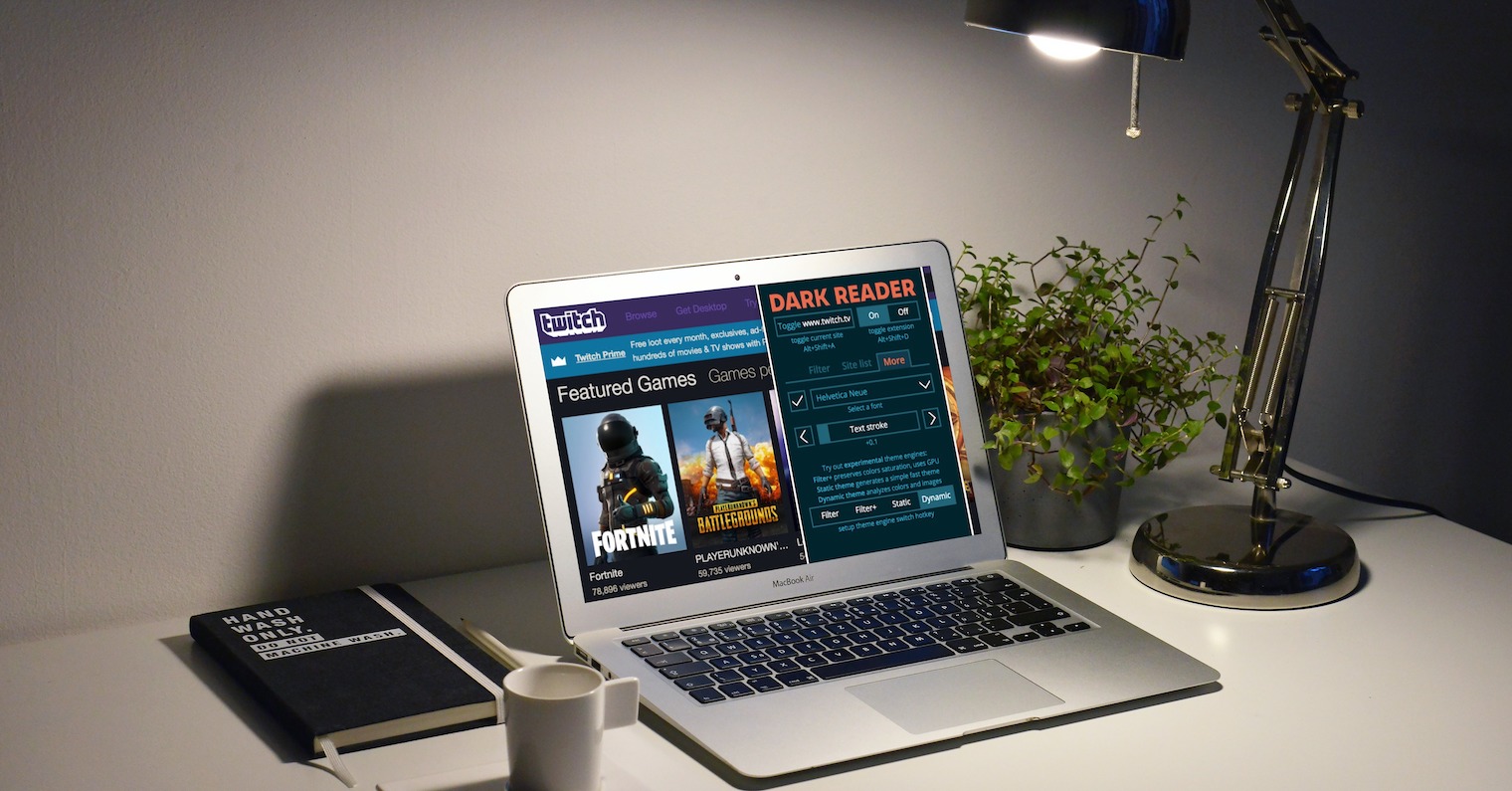

The rebel gumshoe with a moral code spoke in nuanced dialogue saying “dames” for women, “gams” for legs, and “gat” for his gun. He looked out on the city of danger through Venetian blinds, chain-smoked, and was never far from a bottle of Scotch. Conventional tropes were the loner detective with a fedora and trench coat whose oak-desked, ceiling-fanned office operated in the low rent district. Historically, hardboiled crime writing set itself on the perpetually-rainy, mean streets of American cities that were darkened by something more than night. The protagonist in hardboiled is a white knight in a world of scum. The protagonist in noir must himself (herself) be part of the scummy world. Maybe another quote adds to clearing the smoke-filled alleys. It’s hard to sum-up noir and hardboiled better than this. It was popular during Vietnam and Watergate and is on the rebound again. We wonder, ‘Why should we abide by them?’ Noir thrived in the 40s after the Great Depression and during the war. In that sense, noir speaks to us powerfully right now when certain structures of authority no longer make sense. In noir, everyone is fallen, and right and wrong are not clearly defined and maybe not even attainable.

‘Law and Order’ is a good example of modern hardboiled. At the end, everything is a mess, people have died, but the hero has done the right thing, or close to it, and order, to a certain extent, has been restored. The wilderness becomes the city, and the hero is somewhat of a fallen character, a detective or a cop. The common argument is that hardboiled novels are an extension of the wild west and pioneer narratives of the 19 th century. Hardboiled is distinct from noir, though they’re often used interchangeably. Abbott where she defined “hardboiled” vs “noir” crime fiction. She’s considered one of today’s masters in noir and hardboiled.
Dark reader vs noir movie#
Hardboiled is more like an action movie with a character-driven plot where the protagonist triumphs as best as they can. The term “noir” is somewhat more recognized in film, where hardboiled (hard-boiled) is common to print.Įither way, each term has its tropes and sub-genre idiosyncrasies. So what’s the difference between noir and hardboiled, if there is any? From what I’ve just read, I’d say hardboiled is dark and noir is much darker. In their footsteps today, we have Megan Abbott, Val McDermid, and the intriguing hardboiled/noir writer Christa Faust.

Hughes, Patricia Highsmith, and (still going) Sara Paretsky. Besides Dame Agatha (I kneel before her), there are Dorothy Sayers, Dorothy B. Women aren’t excluded from the Hardboiled &Noir Club. Say the names Raymond Chandler, Dashiell Hammett, or Mickey Spillane, and you’ll find an old-style legion of fans ready to tear this book house down. Netflix writers now idolize Elmore Leonard as the dialogue man. Look at the resurgence of Agatha Christie. That certainly seems the case in resurrecting old crime story classics. What’s old is new again, hardboiled and noir. I thought they were just for the marketing department, but I made it my mission to find out. I knew my stuff was tragic and gore, but I had no strong concept of what noir and hardboiled really were-although I’d heard the terms many times. Do you consider it noir? Hardboiled? How do you slot your sub-genre?”Ī podcaster recently put this to me.


 0 kommentar(er)
0 kommentar(er)
